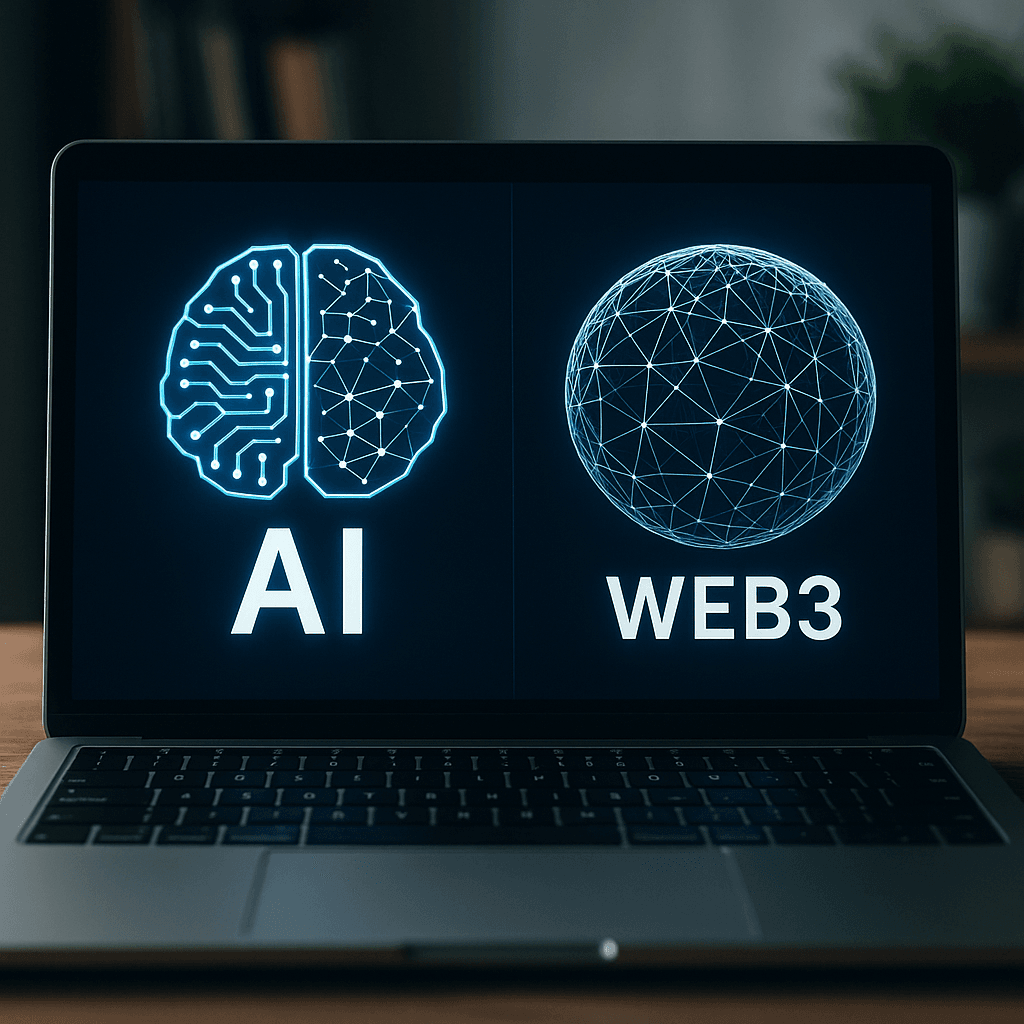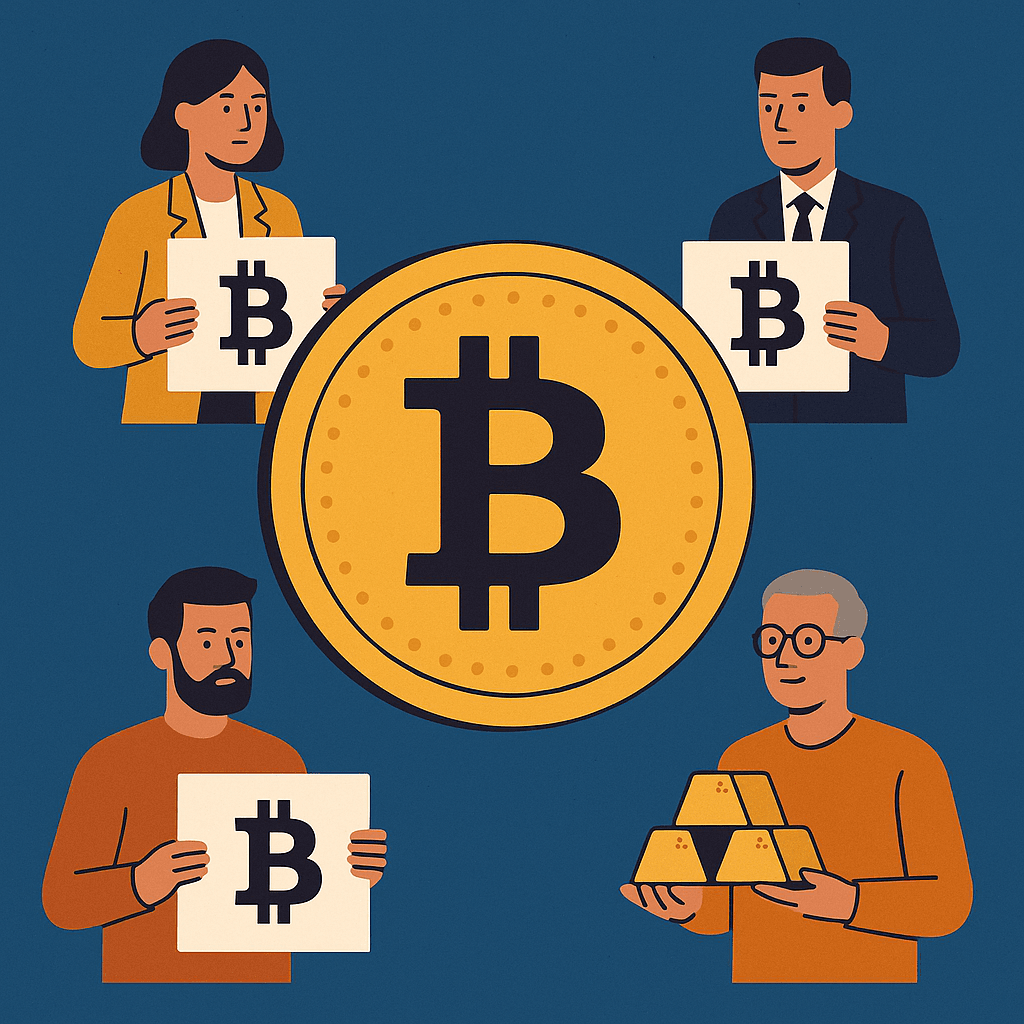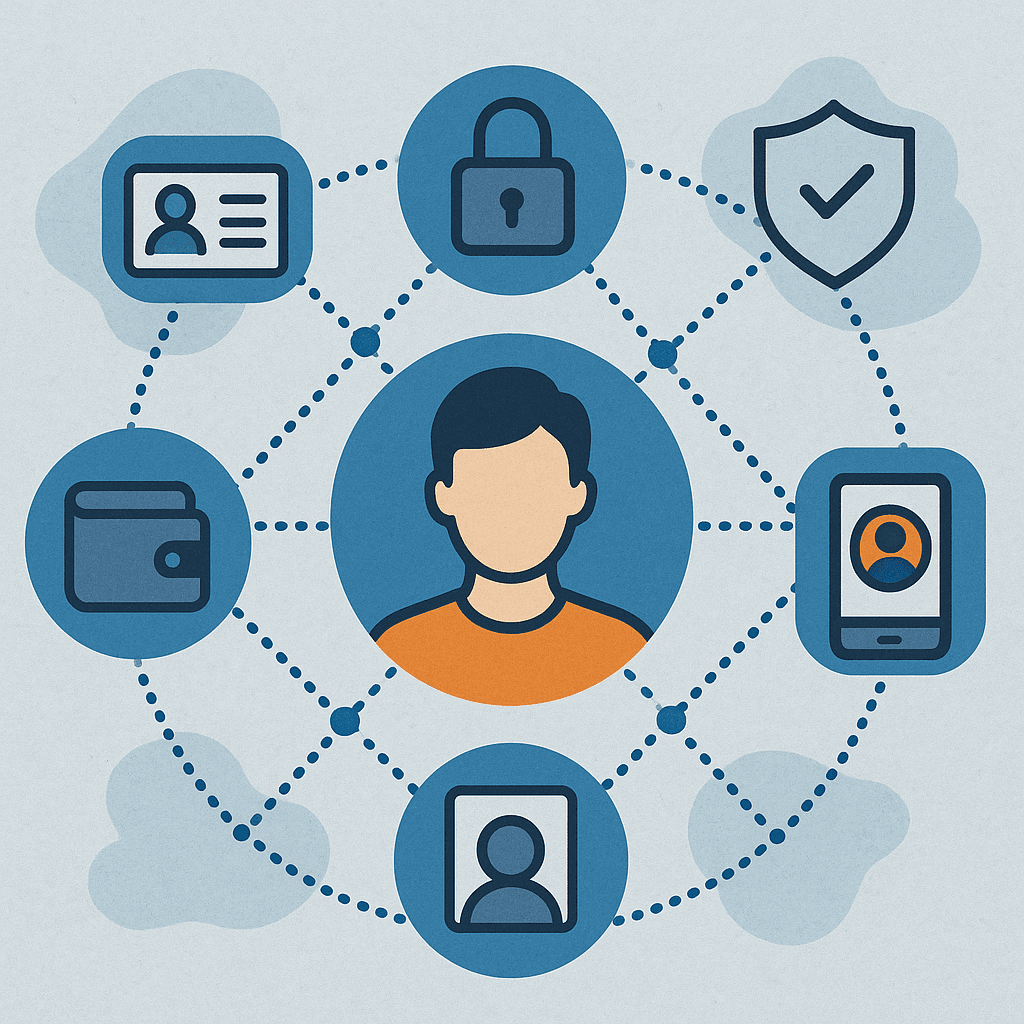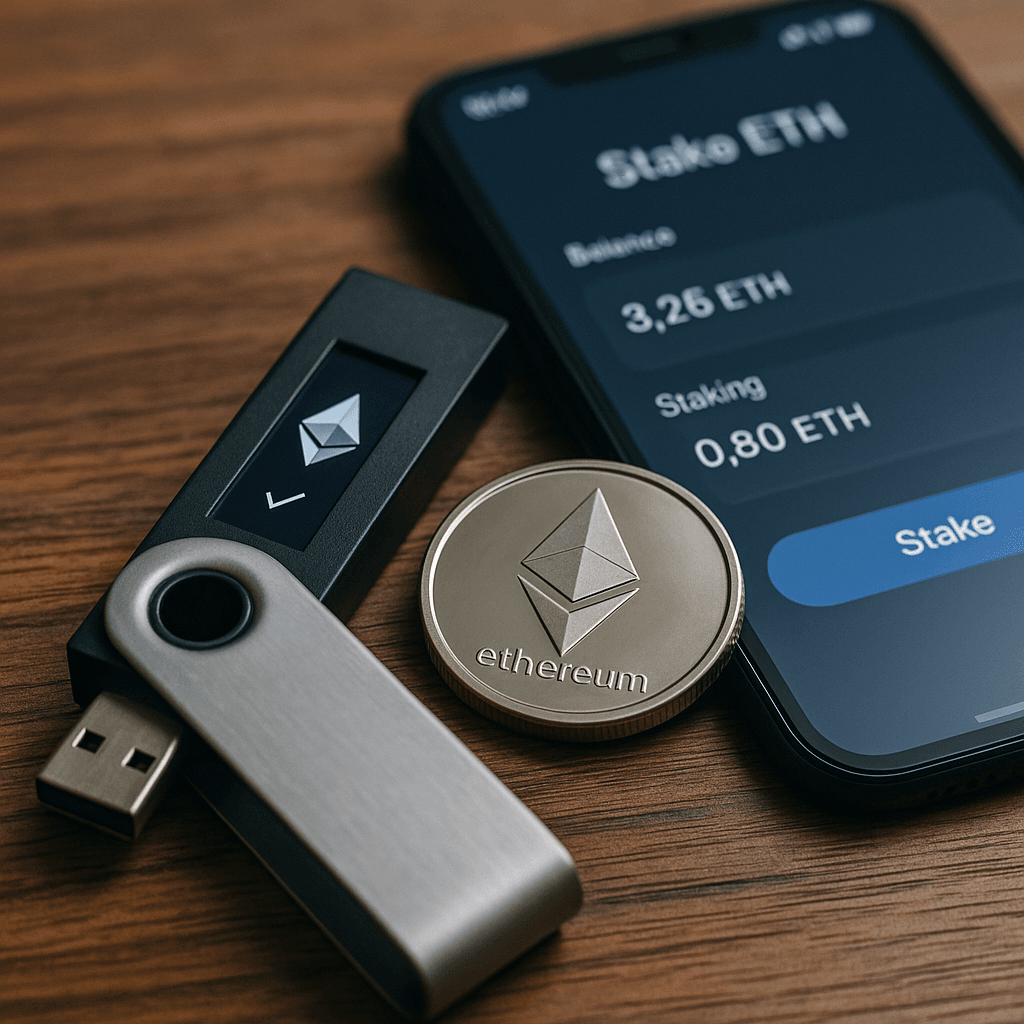In an era where data is power and centralization raises concerns, the fusion of Web3 technologies and AI agents is sparking a revolution in decentralized intelligence. Imagine autonomous digital entities that not only think and act independently but also operate on transparent, blockchain-based networks, free from corporate gatekeepers. This synergy promises to democratize AI, enabling users to own their intelligent assistants while fostering secure, collaborative ecosystems. As industries from finance to gaming adopt these innovations, Web3 AI agents are poised to redefine the future of technology, blending the autonomy of AI with the decentralization of blockchain.
Understanding Web3 AI Agents: The Building Blocks of Decentralized Intelligence
At their core, Web3 AI agents are autonomous programs that leverage artificial intelligence to perform tasks within decentralized environments. Unlike traditional AI systems controlled by tech giants, these agents run on blockchain networks, ensuring transparency, security, and user ownership through private keys. They can interact with smart contracts, decentralized finance (DeFi) protocols, and even other agents, making decisions based on real-time data without human intervention.
This decentralized intelligence shifts power from centralized servers to distributed networks, where AI agents can be fine-tuned, forked, or owned outright by users. For instance, platforms like Fraction AI enable community-driven intelligence, allowing agents to handle tasks such as autonomous trading or research in a transparent manner. By integrating blockchain’s immutability with AI’s adaptability, these agents create a foundation for a more equitable digital economy.
Key Use Cases: How Web3 AI Agents Are Transforming Industries
The applications of Web3 AI agents extend far beyond theory, driving real-world innovation across sectors. In DeFi, these agents optimize yields by analyzing protocols like Aave or Uniswap, automating trades, and managing risks in real time. Projects such as Antix enable agents to execute on-chain strategies while preserving user privacy, turning complex financial tasks into seamless operations.
Gaming and metaverses are another hotspot, where AI agents power dynamic economies, manage virtual assets, and enhance user experiences. For example, 0G Labs provides infrastructure for real-time data processing and scalable AI agents, supporting everything from predictive analytics to multiplayer interactions. In broader Web3 ecosystems, agents facilitate decentralized governance, as seen with Allora Network’s predictive signals and staking mechanisms, which scale collective intelligence for better decision-making. These use cases highlight how decentralized intelligence can automate knowledge work, from content creation to supply chain management, making Web3 more efficient and accessible.
Challenges and Innovations: Navigating the Path to Widespread Adoption
Despite their promise, Web3 AI agents face hurdles like scalability, security, and integration with existing systems. Centralized AI often outperforms in speed, but decentralized models risk data privacy breaches or high computational costs. Innovations are addressing these: Platforms like NuNet scale intelligent systems through decentralized AI agents, enabling interactions with dApps while reducing reliance on big tech.
Leading projects are pushing boundaries. Ten Protocol offers privacy-first execution for AI agents, while Openledger HQ handles liquidity and settlement for tokenized economies. Research from arXiv emphasizes standards for intelligent products in Web3, promoting verifiable outputs and ungameable systems. As these advancements mature, the focus is shifting from hype to utility, with agents evolving into multimodal entities capable of voice, AR, and complex workflows.
The Road Ahead: A Cybernetic Economy Powered by Decentralized Intelligence
Looking forward, the rise of Web3 AI agents signals the dawn of a cybernetic economy where intelligence is tokenized and accessible to all. With market caps soaring—Web3 agents reached $4B+ in just a month—the emphasis is on real value over speculation. Projects like Defi and Mira Network are building trust layers for AI outputs, ensuring accuracy and scalability in this new paradigm.
In conclusion, the intersection of Web3 and AI agents is not just a trend—it’s a fundamental shift toward decentralized intelligence that empowers users, enhances security, and unlocks unprecedented innovation. As adoption grows, this technology could reshape economies, making AI a tool for the many rather than the few. The future is autonomous, on-chain, and infinitely collaborative—those who embrace it now will lead the charge.




